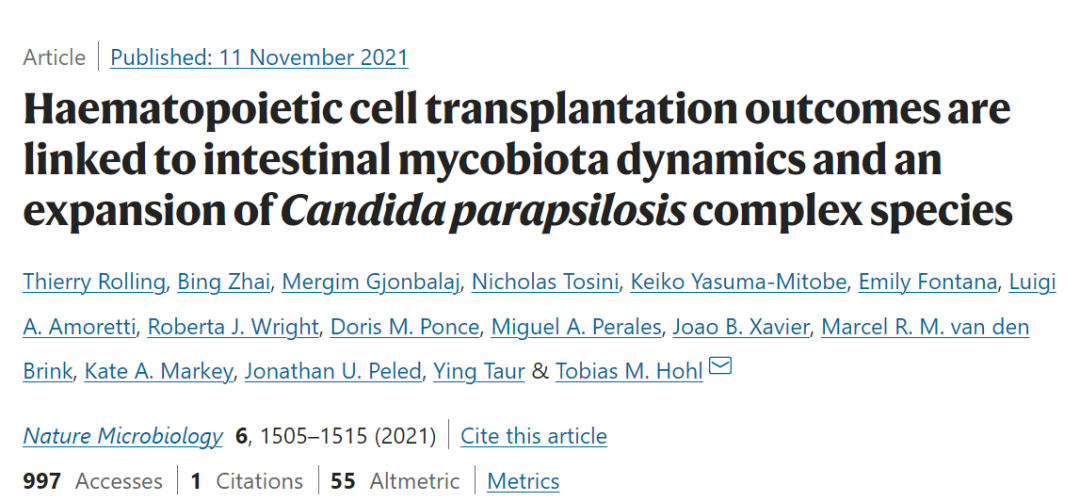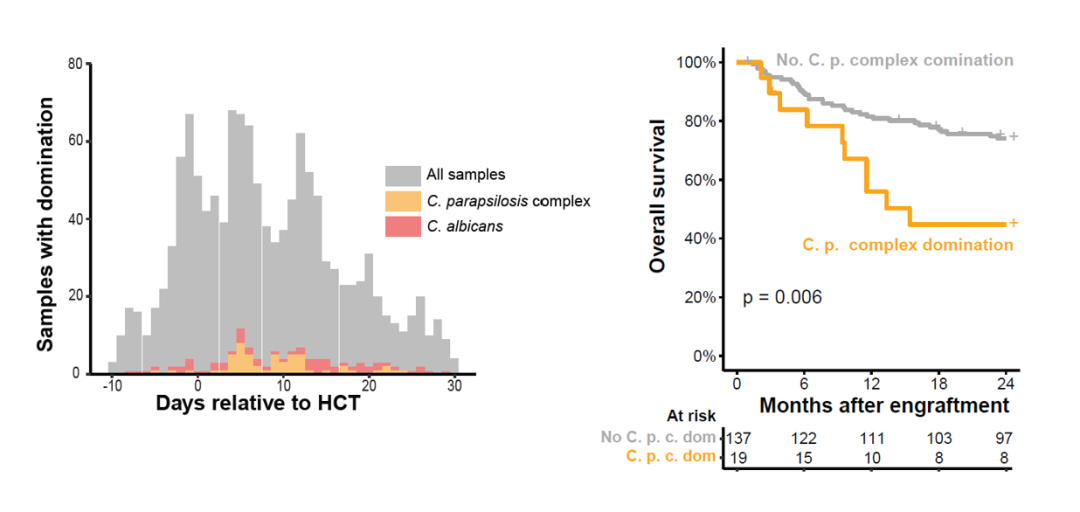
Editor's Notes
"In areas like synthetic biology, gene editing, brain science, and regenerative medicine, life sciences are experiencing a new revolution... Science and technology have never had such a profound impact on the country's future and the well-being of its people as they do today,” stated General Secretary Xi Jinping in the journal “Qiushi”.
As an emerging research field in recent years, synthetic biology has attracted scientists from diverse backgrounds such as biology, physics, and chemistry. They have come together to conduct research, each with their unique reasons and goals, resolutely walking this path of scientific exploration filled with unknowns and challenges. To this end, we have invited some of these scientists to share their life experiences with us.
Honored Guest for This Edition – Dr. Zhai Bing
"I watched the opening ceremony of the Beijing Olympics at an American airport," said Dr. Zhai Bing, who had studied and worked abroad since 2008 for 13 years before returning to her homeland in 2021.
Dr. Zhai Bing graduated with a bachelor's degree in Biological Science from China Agricultural University and pursued her Ph.D. in the Department of Biology at Texas A&M University in the United States, under the supervision of fungal geneticist Professor Lin Xiaorong. She then conducted postdoctoral research at Memorial Sloan Kettering Cancer Center in New York under the supervision of Dr. Tobias Hohl, Chief of the Infectious Diseases Service and an expert in fungal immunology. She is currently a researcher at the Shenzhen Institutes of Advanced Technology, Chinese Academy of Sciences.
Dr. Zhai's current research focuses on using systems biology and synthetic biology approaches to study drug resistance and pathogenic mechanisms of colonizing pathogenic fungi in the intestine. She is also interested in the interactions between fungi, bacteria, and the host in the intestinal microbiota and how these tripartite interactions affect the development and progress of various diseases.
In this edition of the "Interviewee Opinions" series, our guest is Dr. Zhai Bing from the Institute of Synthetic Biology, Shenzhen Institutes of Advanced Technology, Chinese Academy of Sciences.
Anticipating the Implementation of a Rapid Intestinal Fungi Detection Platform
During her Ph.D., Dr. Zhai Bing was the first student of Professor Lin Xiaorong, now a fellow of the American Academy of Microbiology, focusing primarily on the virulence mechanisms of pathogenic fungi and the development of novel antifungal drugs. She discovered that the antidepressant drug sertraline had inhibitory effects on cryptococcal infections. Building on this finding, a clinical team at the University of Minnesota initiated a phase III clinical trial supported by the National Institutes of Health.
"When choosing my postdoctoral research direction, I found that previous research on the fungal part of the intestinal microbiota was very limited, with significant untapped potential,” says Dr. Zhai Bing. Zhai Bing, who was eager to explore beyond her doctoral research field, became interested in the clinical resources of Memorial Sloan Kettering Cancer Center in intestinal microbiota after communicating with Professor Tobias Hohl. In this way, she became the first scientist in her lab and institute to focus on the study of intestinal fungi, and was engaged independently for four years.
Like many others, Dr. Zhai Bing's postdoctoral research did not proceed smoothly.
Unfamiliar with research methods of intestinal microbiota and related animal models, her first project encountered significant difficulties. However, she never considered giving up. She firmly believed that fungi were essential components in the intestinal microbiota and were indeed associated with the occurrence and progression of certain diseases. The less-than-ideal experimental results were likely due to suboptimal research tools, and fungi exhibited significant variations among different host individuals.
Her perseverance proved to be right. After several failed attempts, Dr. Zhai Bing eventually established an experimental platform and made significant progress in her research. Her work also attracted more colleagues to join her in studying intestinal fungi.
During this period, Dr. Zhai Bing mainly focused on the dynamic changes in the intestinal fungal microbiota in patients diagnosed with hematologic malignancies, such as leukemia and lymphoma, during hematopoietic stem cell transplantation, as well as its influence on clinical outcomes of patients. Since the hematopoietic stem cell transplantation process often results in severe immune deficiencies, patients are susceptible to various systemic infections, including fungal bloodstream infections. These infections are challenging to treat and have a high mortality rate, representing a daunting challenge for many transplant patients.
Dr. Zhai Bing discovered that the intestine had been colonized by pathogenic fungi approximately one week before clinical diagnosis of fungal bloodstream infections. This indicated that the amplification and colonization of pathogenic fungi in the intestine was the source of bloodstream infections.

(Source: Genebihealth)
Zhai Bing stated, "Ideally, if we could closely monitor the dynamic changes of a patient's intestinal fungal microbiota, we could accurately predict the risk of fungal bloodstream infections. However, when applied in clinical practice, collecting samples and data would impose a significant workload on healthcare and laboratory staff. Therefore, establishing a rapid and efficient detection platform to lower the testing threshold and developing a standardized patient infection risk assessment system are concrete manifestations of the precision medicine concept in addressing fungal infections.”
From basic research to technological applications, Zhai Bing added, "We hope to engage a large number of biomedical researchers to ensure that the research outcomes benefit a broader range of patients.”
Intestinal Fungi as Biomarkers for Prognosis of Transplantation
In the process of hematopoietic stem cell transplantation, there has been extensive research into the relationship between dynamic changes of the bacterial community and clinical outcomes, such as post-transplant survival rates. However, the overall dynamic changes of intestinal fungal microbiota in patients with non-fungal bloodstream infections remain unclear. It is also unknown whether fungal communities might influence non-infection-related clinical outcomes.
Recently, Zhai Bing and Dr. Thierry Rolling, a visiting scholar from the Memorial Sloan Kettering Cancer Center in the United States, jointly published a paper in Nature Microbiology titled "Haematopoietic cell transplantation outcomes are linked to intestinal microbiota dynamics and an expansion of Candida parapsilosis complex species.”
The paper reveals the significant potential impact of intestinal fungal microbiota on overall post-transplant survival rates during the hematopoietic stem cell transplantation process. It also demonstrates the necessity of comprehensively analyzing both bacterial and fungal communities in future intestinal microbiota research.

(Source: nature microbiology)
Zhai Bing and her colleagues conducted a temporal analysis of the intestinal fungal community composition and dynamics in 156 allogeneic hematopoietic stem cell transplant (allo-HSCT) patients during the early post-transplant period (from 10 days before transplant to 30 days after transplant). They found that during the period of hematopoietic stem cell transplantation, 12% (19/156) of these patients experienced fungal community dysbacteriosis characterized by the colonization of candida parapsilosis complex in the intestine. C. parapsilosis complex is one of the most common pathogens causing fungal bloodstream infections in China. Its abundant colonization in the intestine not only significantly increases the risk of systemic fungal infections but may also impact the intestinal mucosal immune system and barrier function.

Picture 丨 The change of intestinal fungal community is related to the overall survival rate after engraftment. (Source: Research Paper)
Further analysis of clinical outcomes in patients with intestinal colonization of C. parapsilosis complex revealed that even after considering multiple factors, these patients had significantly lower post-transplant survival rates compared to those without C. parapsilosis complex colonization. These results suggest that dynamic changes of intestinal fungi can serve as biomarkers for the prognosis of hematopoietic stem cell transplantation, offering new intervention strategies to improve patient prognosis.
Research on the fungal part of the intestinal microbiota remains limited.
The intestinal microbiota plays a crucial role in physiological processes such as immune regulation and metabolic regulation. Over recent years, numerous studies have shown that microbiota disorder plays an important part in the development of systemic diseases in the host, including digestion, endocrine regulation, rheumatological conditions, and neurological health. It's important to note that the intestinal microbiota is a complex community composed of bacteria, viruses, fungi, and other microorganisms.
While there has been significant research on the impact of intestinal microbiota on physiological process and incidence of disease, most of them focus on bacteria, and fungal and viral components have often been overlooked. Due to the substantial differences in cell structure between prokaryotic cells (bacteria) and eukaryotic cells (fungi), research tools and methods developed for bacterial communities may not be fully applicable to fungal communities. Moreover, there is a limited quantity of research in this area, leading to a lack of comprehensive understanding of the composition, dynamics, and functions of intestinal fungi.
In the field of intestinal microbiota research, which is currently highly active, the study of intestinal fungi remains an “blue ocean” with many unknown aspects waiting for researchers to explore. Those interested are encouraged to join Zhai Bing's research team!
References:
http://med.china.com.cn/content/pid/243952/tid/1026
https://www.mr-gut.cn/talks/s/46e846998241416a8618a1983eaec199
https://www.ncbi.nlm.nih.gov/pmc/articles/PMC7342449/